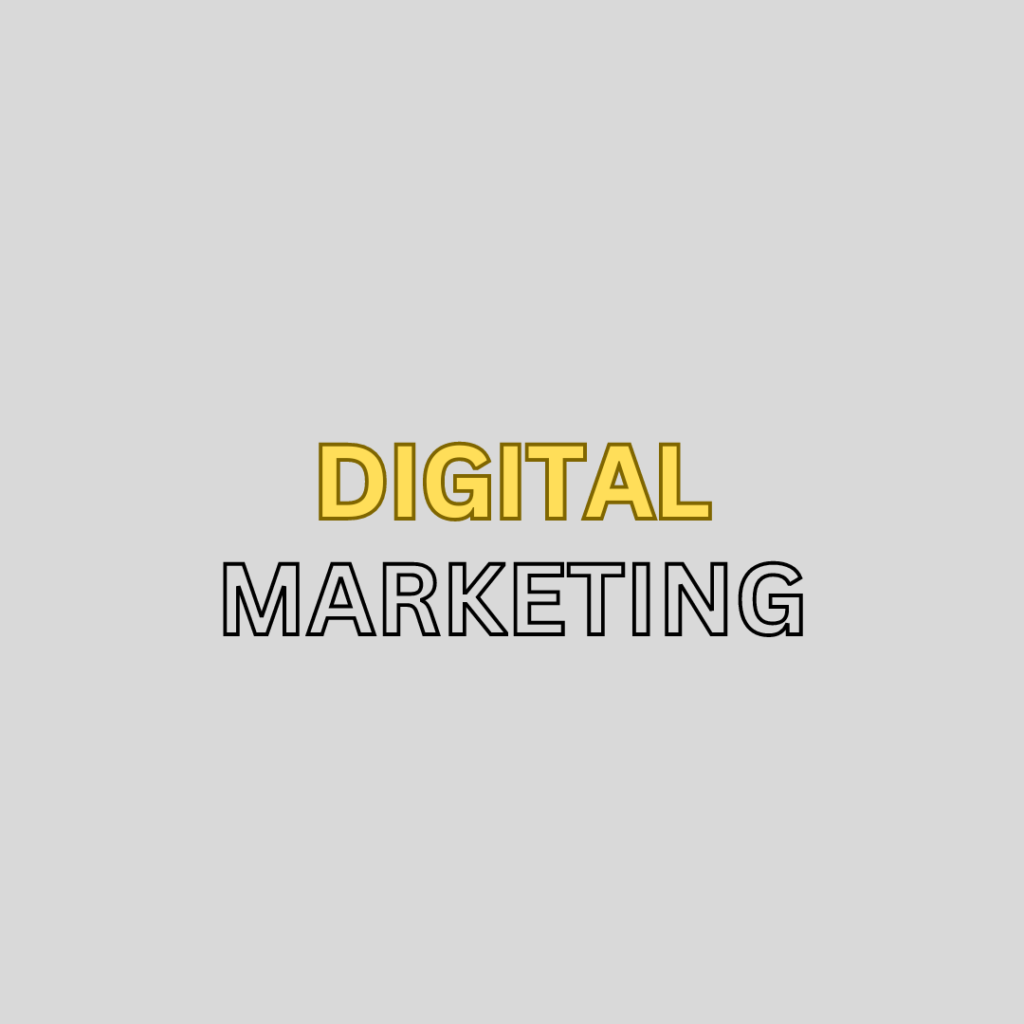Top 10 Digital Marketing Tools Every Marketer Should Know About in 2024
In the ever-evolving landscape of digital marketing, staying ahead of the curve requires leveraging the latest tools and technologies. As we step into 2024, marketers have access to an array of powerful tools that can enhance efficiency, improve results, and drive growth. Here’s a rundown of the top 10 digital marketing tools you should be familiar with this year. 1. HubSpot HubSpot remains a top choice for inbound marketing, sales, and CRM. Its comprehensive suite offers tools for content management, email marketing, social media management, and analytics. The platform’s automation features and user-friendly interface make it an essential tool for managing complex marketing campaigns and nurturing leads effectively. 2. Google Analytics 4 (GA4) Google Analytics 4 is the latest version of Google’s analytics platform, offering advanced insights into user behavior across websites and apps. With features like enhanced measurement, predictive analytics, and integration with Google Ads, GA4 provides a more comprehensive view of your marketing performance and helps optimize strategies based on real-time data. 3. SEMrush SEMrush is a versatile SEO and SEM tool that provides in-depth keyword research, competitor analysis, and site audit capabilities. Its features for tracking organic search positions, analyzing backlinks, and discovering SEO opportunities make it invaluable for improving search engine visibility and driving targeted traffic. 4. Ahrefs Ahrefs is another powerhouse in the SEO toolkit, known for its robust backlink analysis and site auditing features. The tool’s comprehensive keyword research capabilities, content explorer, and rank tracking tools enable marketers to develop effective SEO strategies and monitor their progress. 5. Hootsuite Hootsuite is a leading social media management platform that allows you to schedule posts, monitor social media activity, and analyze performance across multiple networks from a single dashboard. Its collaborative features and detailed analytics help streamline social media marketing efforts and drive engagement. 6. Canva Canva is a popular graphic design tool that simplifies the process of creating visually appealing content. With a vast library of templates, images, and design elements, Canva makes it easy for marketers to produce professional-quality graphics, social media posts, and marketing materials without needing advanced design skills. 7. Mailchimp Mailchimp is a well-known email marketing platform that offers features for campaign creation, automation, and performance tracking. Its user-friendly interface and advanced segmentation options allow marketers to tailor email campaigns to specific audiences and analyze their effectiveness. 8. Buffer Buffer is a social media management tool that helps you schedule posts, engage with your audience, and analyze social media performance. Its intuitive interface and detailed analytics make it a great choice for managing multiple social accounts and optimizing content strategies. 9. Hotjar Hotjar provides insights into user behavior through tools like heatmaps, session recordings, and surveys. By visualizing how users interact with your website, Hotjar helps identify areas for improvement and understand user needs, leading to more effective website optimization and user experience enhancements. 10. Zapier Zapier is an automation tool that connects various apps and services, enabling seamless workflows between them. With Zapier, marketers can automate repetitive tasks, integrate different tools, and streamline processes without needing to write code. This can save time and improve overall efficiency in digital marketing campaigns. Conclusion Embracing the right digital marketing tools can significantly enhance your strategy and execution in 2024. From optimizing SEO and managing social media to creating engaging content and analyzing user behavior, these tools offer a range of functionalities to support your marketing efforts. Stay ahead of the competition by integrating these tools into your workflow and leveraging their capabilities to drive growth and achieve your marketing goals.


